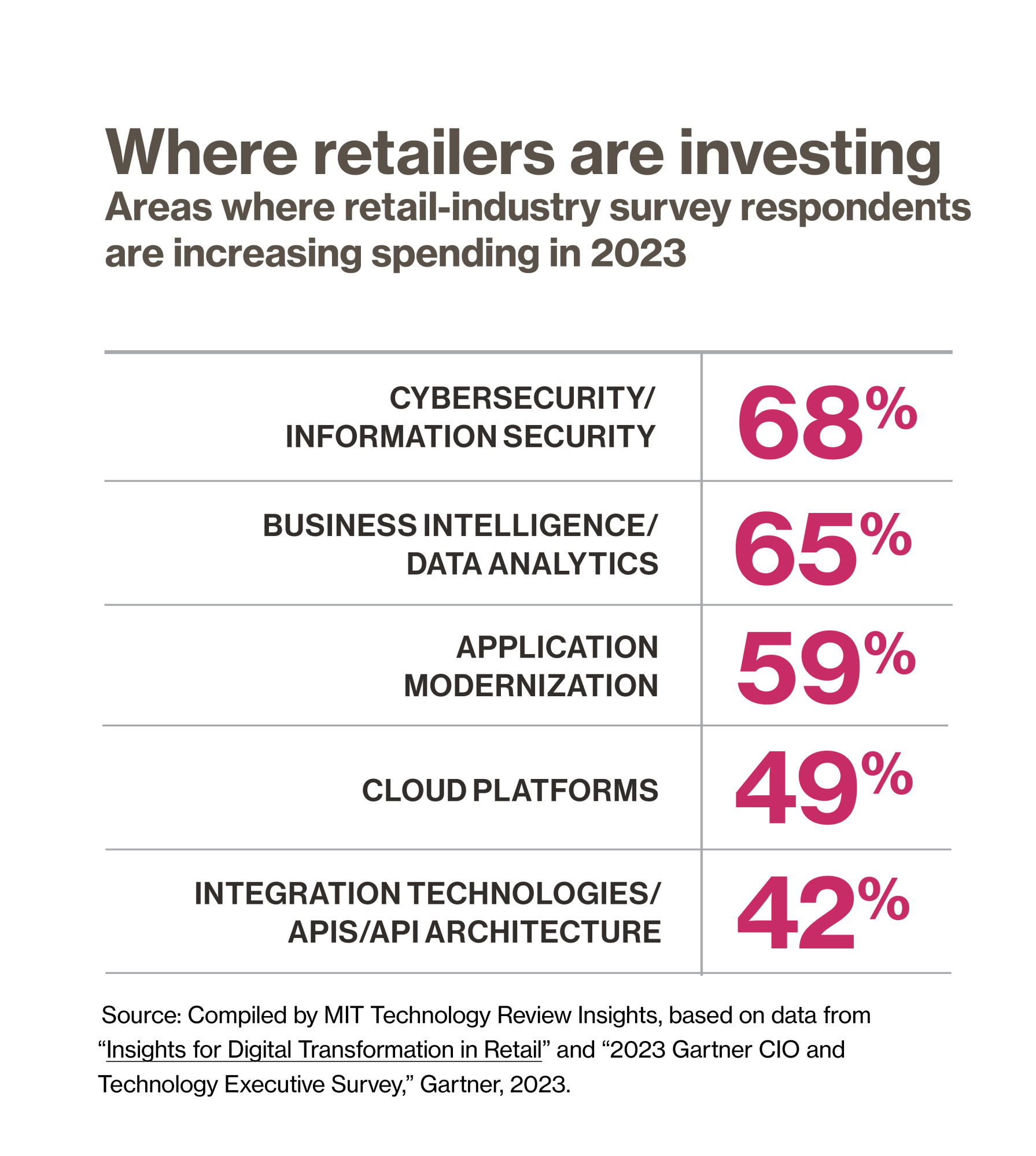This is a clear call for many retailers to create customer-centric shopping experiences. Forget about a laser-like focus on product development and delivery. Rather, savvy retailers are creating holistic, personalized shopping experiences that engage and fulfill customer needs throughout the customer journey.
Consumers want this personal touch: 66% say they want brands to reach out to them, with personalized messages such as discounts and offers on items they’ve purchased before (44%) or predictions about products they may like (32%), according to a 2022 consumer research report by Oracle Retail.
“In a world where the consumer is getting more and more diverse, more and more segmented, and more and more individualistic, it’s critical that retailers reimagine how to put the customer at the heart of their processes,” says Daniel Edsall, principal and global grocery leader at Deloitte Consulting LLP.

But while shifting focus from traditional merchandising to a fully customer-centered view is imperative, retailers must overcome some significant obstacles to succeed. Many are burdened by legacy technology that is expensive to maintain and difficult to reconfigure.
Labor shortages continue to hamper retailers’ efforts to embark on new endeavors. And pandemic-induced shockwaves can still be felt in the form of supply chain disruptions and delivery delays.
The good news is that there are ways to embrace a more customer-centric business model while addressing modern-day labor and technology challenges. One key: cloud-based technology platforms that enable technology innovation and empower retailers to shift from siloed product categories and departments to a holistic view of the customer, inventory, and operations.
This content was produced by Insights, the custom content arm of MIT Technology Review. It was not written by MIT Technology Review’s editorial staff.
